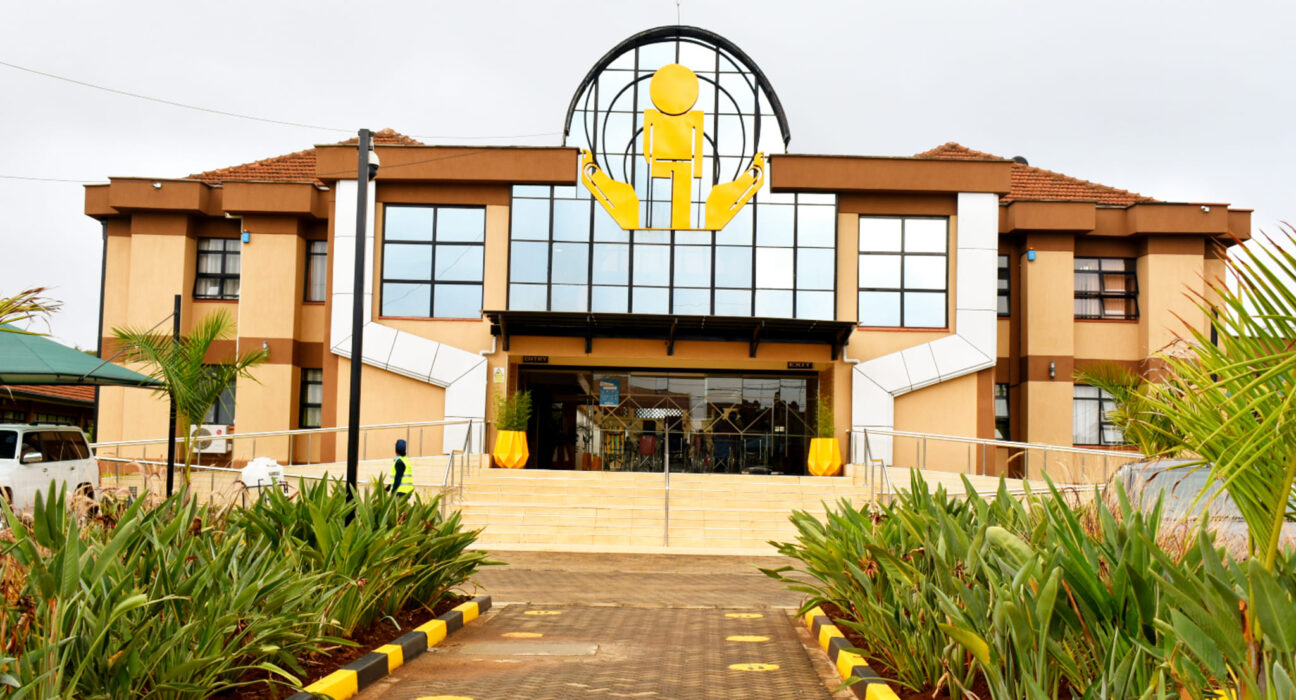The Kenya Institute of Special Education (KISE) is a premier institution committed to providing training in special needs education. Through its various programs, KISE plays a pivotal role in shaping Kenya’s inclusive education landscape by offering professionals the opportunity to become experts in working with children with disabilities. Whether you’re applying for a Diploma in Special Needs Education or a Certificate in Autism program, KISE ensures that you receive the highest quality training to make a meaningful impact in the education sector.
In this article, we’ll explore the admission requirements for joining KISE in the 2024/2025 intake, including details on the documents required, the fee structure, registration procedures, and what you need to know about the distance learning programs offered by the institution.
The Importance of Special Needs Education in Kenya
Kenya has made great strides in improving educational access for children with special needs. The Kenya Institute of Special Education plays a crucial role in this transformation by preparing educators to meet the diverse learning needs of children with disabilities. The Institute is driven by a vision of an inclusive society, where children with disabilities can receive quality education that helps them realize their full potential. KISE is known for its commitment to excellence and its accredited programs in special education and autism training.
As the education system continues to focus on inclusivity, KISE remains a cornerstone institution for training teachers who will guide and mentor future generations of children with special needs. By offering both full-time and distance learning programs, KISE ensures that students across Kenya have access to specialized training regardless of their geographical location.
Admission Requirements for KISE Students
Joining KISE requires meeting specific criteria and ensuring that all necessary documentation is submitted during the registration process. Below are the key requirements to ensure that your admission goes smoothly.
Required Documents for Registration
When you come for your registration at KISE, you must bring the following documents in their original form, along with certified photocopies of each:
- Admission Letter: The original admission letter issued to you by the Institute.
- Academic Certificates: All relevant academic certificates and their certified copies, including your high school diploma and any other previous qualifications.
- School Leaving Certificate: This document confirms that you have completed your schooling and are eligible to pursue higher education.
- P1 Certificate: If you are applying for the diploma in education programs, include your P1 teaching certificate.
- National Identity Card: Your original ID card (both sides) and a certified copy are necessary for verification.
- Birth Certificate: Bring both the original and certified copy of your birth certificate.
- Passport-Sized Photos: Two recent passport-sized photos certified by your Head Teacher or Sub County Director of Education.
These documents must be presented on the day of registration to ensure that your application is processed promptly.
Tuition Fees and Payment Methods
KISE operates with a transparent fee structure for all of its programs. The Diploma in Special Needs Education fee is divided over the course of two years. Below is a breakdown of the costs for both year one and year two students:
Year One:
| Fee Category | Amount (KES) |
|---|---|
| Tuition Fees | Ksh 58,200 |
| KNEC Exam Fees | Ksh 7,700 |
| Total | Ksh 65,900 |
Year Two:
| Fee Category | Amount (KES) |
|---|---|
| Tuition Fees | Ksh 44,300 |
| KNEC Exam Fees | Ksh 10,600 |
| Total | Ksh 54,900 |
Overall Total:
| Grand Total | Amount (KES) |
|---|---|
| Total Fees | Ksh 120,800 |
The total fees for the program are divided into the following categories:
- Tuition Fees: Paid per session.
- KNEC Exam Fees: These are mandatory for all students taking KNEC examinations.
Note: Students are encouraged to make their payments in full during registration to avoid delays. KISE accepts payments through bank transfers and M-Pesa.
- Bank Transfer: Payments can be made through KCB Ngara Branch, Account No. 1128797836.
- M-Pesa: Use Paybill number 851201, with your admission number as the account number.
Important: KISE does not accept cash payments, so ensure that you make all payments through the authorized methods.
Registration Procedure
Upon arrival at the KISE campus or one of the training centers across the country, students will undergo the registration process. Registration takes place during working hours, from 8:30 AM to 5:00 PM. It is essential that all students arrive on time as late registrations will not be entertained after 5:00 PM.
The registration process is important as it allows the Institute to verify your documents and ensure that everything is in order before you begin your studies.
Examination Guidelines
KISE students are required to sit for both internal assessments and official KNEC examinations.
- Internal Examinations: These are organized by KISE and follow the Institute’s examination guidelines.
- KNEC Examinations: Administered by the Kenya National Examinations Council, these exams are crucial for obtaining the official diploma certification.
Additionally, all students must complete a 10-week teaching practice at a school where they will apply their knowledge in a real-world setting.
Student Rules and Regulations
KISE expects all students to adhere to a set of rules and regulations that govern their behavior, attendance, and academic performance:
- Class Attendance: All students must attend all classes and activities unless excused for legitimate reasons.
- Conduct: Students must adhere to both the TSC Code of Conduct and Ethics as well as the KISE Code of Conduct at all times.
- Behavioral Expectations: The Institute enforces strict discipline to ensure that students maintain a respectful environment conducive to learning.
Health and Wellness Support for Students
While KISE offers first aid services for minor medical issues, students are encouraged to take personal responsibility for their health. Students seeking advanced medical care will need to cover the associated costs.
Accommodation and Personal Items
Because KISE offers programs in various training centers, students are encouraged to seek accommodation nearby. Some centers may offer affordable accommodation options, but students are generally responsible for arranging their own housing.
Required Personal Items:
- Bedding and Blankets: At least one pair of bed sheets and warm blankets.
- Basic Toiletries: Items like toothpaste, soap, and toilet paper.
- Emergency Gear: A torch for any power outages.
- Other Essentials: A mosquito net, a water basin, and a bucket.
Joining KISE offers a chance to pursue a rewarding career in special needs education. By meeting the required admission criteria, submitting the necessary documents, and paying the tuition fees on time, students will be well on their way to earning a Diploma in Special Needs Education. Whether you opt for distance learning or full-time enrollment, KISE provides the resources, support, and training needed to equip you for a career in special education.
With its inclusive approach to education and commitment to producing well-qualified educators, KISE continues to be a leader in training teachers who are passionate about helping children with disabilities succeed.





